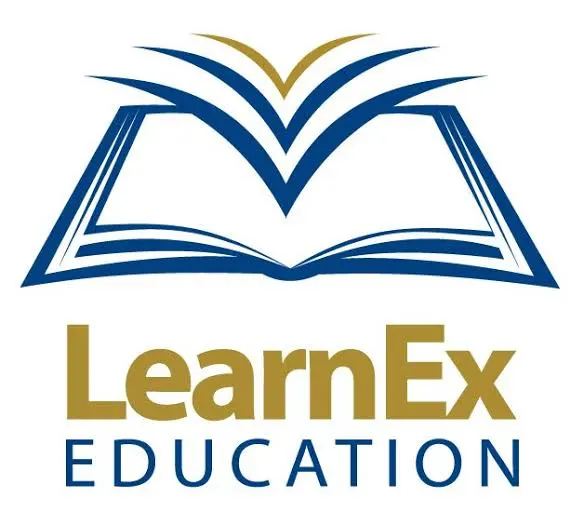LearnEx, a prominent South African corporate training provider, is offering a range of learnership programmes for 2025, focusing on packaging and business administration. These programmes are designed to equip young South Africans with practical skills and nationally recognized qualifications, enhancing their employability in various industries.
Learnex Corporate Training identifies industry specific skills gaps, initiating the correct training measures, Work Place Skills Plan (WSP), submit Annual Training Report (ATR) and Pivotal Training Plan (PTP) to the relevant SETA on your behalf. We also source training providers and provide LMS solutions.
DEFINING A LEARNERSHIP
A Learnership is defined as a work-based route for learning and gaining qualifications. It includes both structured work experience and structured theoretical learning.
COMPANY ADVANTAGES OF RUNNING A LEARNERSHIP
Some of the following advantages could be derived from adopting Learnership programmes:
- Well and appropriately skilled employment pool (existing employees and new entrants)
- BBBEE points allocated under the Skills Development Element
- Financial benefits – (Learnership grants from SETA)
- Tax Rebates – Section 12H
- Productivity increase due to higher skilled workers
DELIVERY METHODS
*What is RPL: Recognition of Prior Learning is the acknowledgment of skills and knowledge obtained through learning achieved outside the formal education and training system and includes work and life experience as well as paid and volunteer work.
RPL recognises any prior knowledge and experience and measures it against the exit level outcomes of the qualification in which candidates are enrolled onto. The candidate may not need to complete all of a training program if she or he already possesses some of the competencies taught in the program and meet the minimal entry requirements.
Full 12 Month: A full 12 Month Learnership delivery method is comprised of 30% theoretical training and 70% practical training experience component in order to obtain the respective qualification. Both Theoretical (3 Months Classroom training) and workplace (9 Months practical workplace experience & evidence) exit level outcome competencies’ are to be assessed and moderator and allocated against the qualifications’ set credit structure in order for the respective learner to be found competent.
